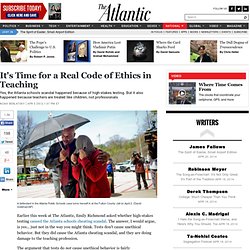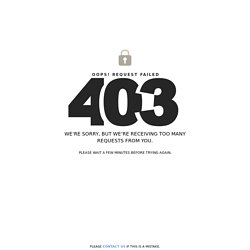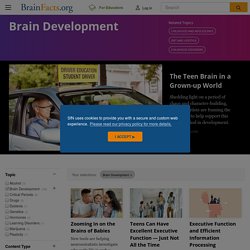

From Evaluation to Inspiration. We live in a culture saturated with evaluation.

In school, we learn to take tests.
Assessment of an Online Learning Objective Answer Database. The objective of the present study was to create and evaluate an on-line learning objective answer database.

The goal of the answer database was to make information about, and/or answers to, learning objectives that students were provided with in their lecture notes available to them anytime. Our hypothesis was threefold: i) that student satisfaction with the availability and access to the learning objective answers would be high, ii) that having the answers made available to them would not affect student performance in the course, raising or lowering, the class average artificially, and iii) that less instructor time would be spent discussing routine issues/questions, freeing up office hours to deal with students with more serious problems with the course content.
The answer database was created using Filemaker Pro 4.1 R and housed on Macintosh computers in faculty members' offices. 99U - It's not about ideas. It's about making ideas happen. Ted kolderie, a senior associate with the st. paul–based think tank education. Education bloggers offer issues and approaches to ponder.
Mary Cathryn Ricker There is a great deal of education-related bloggy goodness going around this week and Your Humble Blogger would be remiss if she allowed you to head off to your weekend without proposing a little leisure-time reading.

First and most notably, Mary Cathryn Ricker is blogging from Finland where she has spent the week as one of two local members of a star-studded delegation of U.S. education advocates, courtesy of the Education Funders Strategy Group. Ricker is the head of the St. Paul Federation of Teachers and co-chair of the state task force that is working on designing a teacher-evaluation process. This promises good things for teachers and students, since she believes evaluations should improve teaching, not punish underperformance. Teacher Cooperatives. Cris Parr stands in a sunny room in an old high school surveying rows of drill presses, saws, and other outmoded industrial behemoths.

Clearly no one has taught shop here in a long time, not since the goal was to prepare kids from the struggling neighborhood outside for a life in the trades. Parr would like someone to haul the machines away so she can replace them with drafting tables configured for computer-aided design. In most high schools, this would be the principal’s problem, or something for facilities management.
She’s a teacher, but it’s very much her responsibility to change this room full of curios into a place that graduates kids ready for a high-tech workforce. Parr is one of six members of a teacher cooperative that contracts with Milwaukee Public Schools to run the School for Urban Planning and Architecture, or SUPAR.
This is precisely the type of small, nimble program envisioned by charter schools’ creators. Fertile Soil Student achievement is mixed. It's Time for a Real Code of Ethics in Teaching - Noah Berlatsky. Yes, the Atlanta schools scandal happened because of high-stakes testing.

But it also happened because teachers are treated like children, not professionals. A defendant in the Atlanta Public Schools case turns herself in at the Fulton County Jail on April 2. (David Goldman/AP) Earlier this week at The Atlantic, Emily Richmond asked whether high-stakes testing caused the Atlanta schools cheating scandal. Sudbury Valley School. School is a prison — and damaging our kids. Parents send their children to school with the best of intentions, believing that’s what they need to become productive and happy adults.

Many have qualms about how well schools are performing, but the conventional wisdom is that these issues can be resolved with more money, better teachers, more challenging curricula and/or more rigorous tests. But what if the real problem is school itself? A MOOC Star Defects, at Least for Now. Mitchell Duneier once was a MOOC star.

But today he's more like a conscientious objector. Worried that the massive open online courses might lead legislators to cut state-university budgets, the Princeton University sociology professor has pulled out of the movement—at least for now. After teaching introductory sociology through Coursera last year, Mr. The Brooklyn Institute for Social Research. About Us. Academy - Sports Academy: Home Page. Home. Critical Periods. Decades of research show the brain may then undergo changes that could permanently alter future functionality.

However, recent studies suggest it may be possible to extend critical periods, perhaps one day offering treatment options for people who are deprived of early sensory input or experience brain injury later in life. Importance of visual stimulation during development People have always been fascinated by the remarkable speed at which children soak in information early in life. But in the mid-1900s scientists began to recognize that being deprived of certain experiences at an early age compromises brain development and function. At the time, physicians were growing increasingly frustrated by the limited success corrective surgery had for some children with vision problems.
Blocking eye rewires brain In the 1960s, scientists David Hubel and Torsten Wiesel asked: How does the brain develop if vision is temporarily blocked? Identifying factors that influence critical periods.